Monday July 15 marked a year since opponents of the multimillion-pound Taymouth Castle development launched their online petition calling for greater scrutiny of the project.
Twelve months on, the Protect Loch Tay protest has garnered almost 160,000 signatures and generated news stories and controversy around the world.
And as work progresses on Discovery Land Company’s transformation of the Taymouth estate, near Kenmore, the group is vowing to continue its campaign.
In a new statement, Protect Loch Tay says members are “immensely grateful” to the 159,293 signatories who have backed its efforts.
“There has been an amazing response, although, ultimately not surprising, as so many people love Loch Tay and our part of Scotland,” they say.
“People have been absolutely brilliant about sharing and promoting the petition.
“Without the immense help of many good people both behind the scenes and in our Facebook group this campaign would not have made the impact it has in bringing this issue to the awareness of so many people.”
The group says the signatories include 78 names on paper petitions gathered locally.
And the statement adds: “It’s worth noting that the vast majority of Protect Loch Tay supporters reside in Scotland and the rest of the UK despite a claim that they do not live here.”
All change at Taymouth Castle estate
The Taymouth Castle estate is undergoing a major revamp after it was purchased by Discovery Land Company in 2019.
It will be the US real estate firm’s first luxury resort in the UK.
The castle itself has reopened as a private members’ clubhouse following a £100m facelift.
Work is continuing on the golf course.
And bosses are marketing the first of more than 140 homes on the surrounding land, with price tags starting at £4m.
Discovery Land Company has also acquired a raft of existing properties in the area.
Its portfolio now includes the Kenmore Hotel and village store, Moness holiday resort in Aberfeldy and the Glen Lyon Estate.
Protect Loch Tay says masterplan still needed
Protect Loch Tay says objectors have achieved much over the past year, including the withdrawal of a planning application for a golf cart maintenance building and associated works on land previously set aside for affordable housing in Kenmore.
The protest group has also highlighted planning breaches, as well as damage to historic artefacts on the estate.
Green MSP Mark Ruskell took their concerns to Taymouth Castle bosses at a meeting in October last year.
And a public meeting in Aberfeldy Town Hall, organised by Perthshire MSP John Swinney and MP Pete Wishart, in July last year was hailed as a “huge turning point”.
Protect Loch Tay says its concerns centre on Discovery Land Company tycoon Michael Meldman’s record on the environment.
It also accuses the firm of “salami-slicing” – submitting dozens of piecemeal planning applications, with no overarching blueprint.
The group hopes Mr Swinney, now the First Minister of Scotland, can still convince the developer to produce a public masterplan for the whole estate.
“This could provide answers to questions about DLC’s long term plans in the area,” it says.
“And, most importantly, we hope it would trigger a full Environmental Impact Assessment being carried out.”
Public divided on merits of project
Protect Loch Tay’s campaigning has not been universally well received.
Some locals have claimed the negative publicity was harming Kenmore’s all-important visitor economy.
The Kenmore village shop re-opened last month, with the Perthshire family behind the Ballintaggart brand at the helm.
And the Kenmore Hotel is due to reopen in 2026.
Discovery Land Company has played down concerns it will restrict access to the estate and pledged it will re-open core paths when construction is complete.
Many locals have also welcomed the work to save the 19th century castle from dereliction and the opportunities it could bring.
A recent economic impact statement forecast the Taymouth Castle scheme would boost the Perthshire economy by £390m in its first 25 years.
Around 160 people are employed on the estate already.
And Perth and Kinross Council has said it is “broadly supportive” of the development.
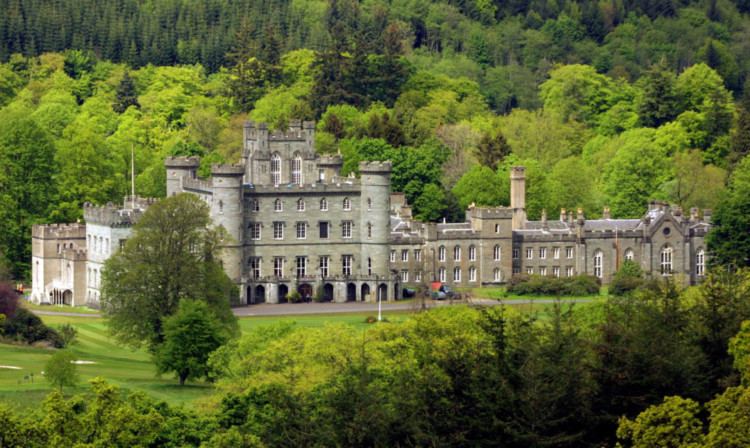
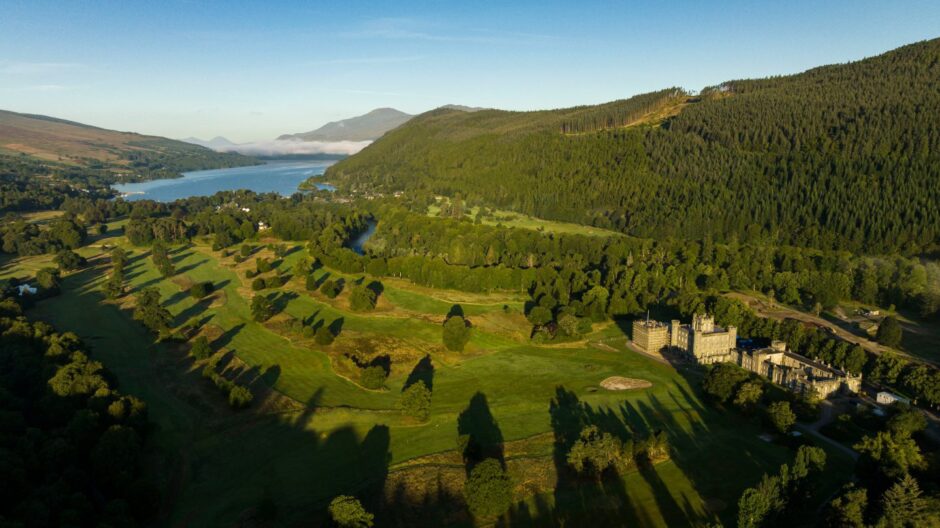
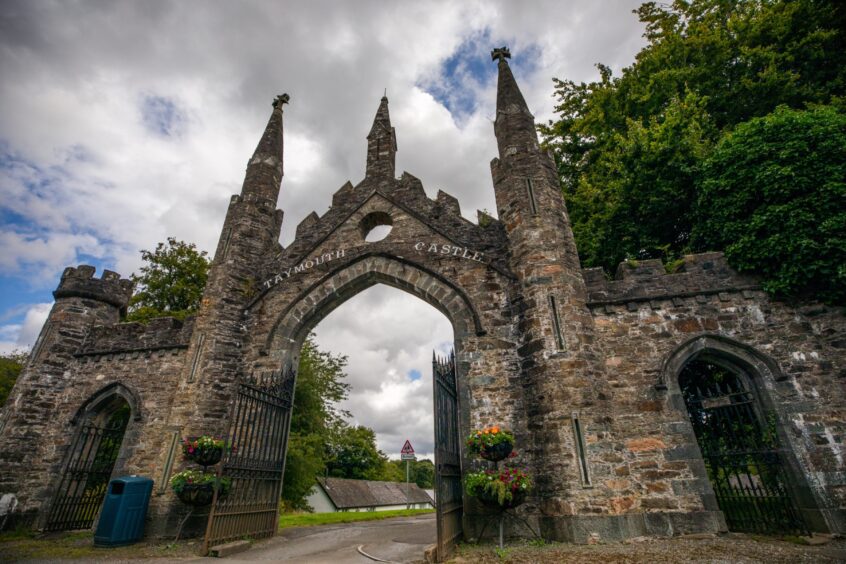

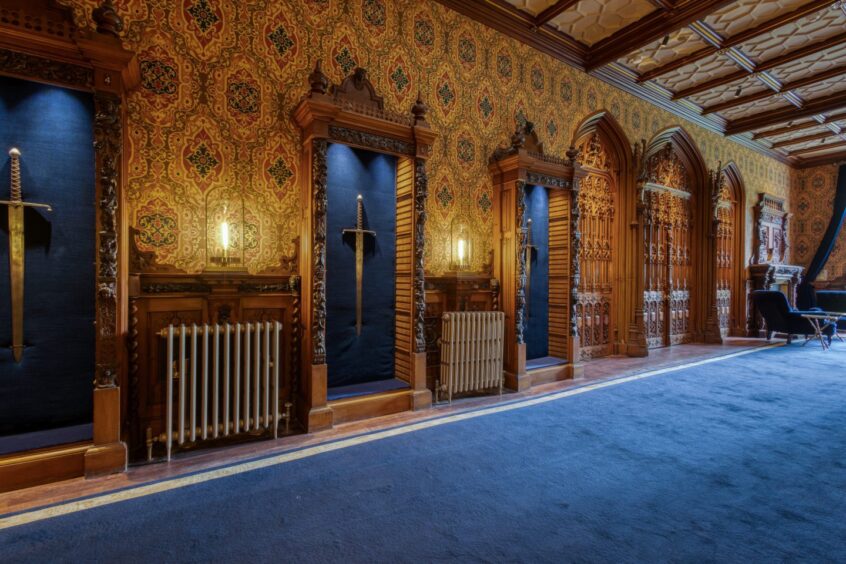
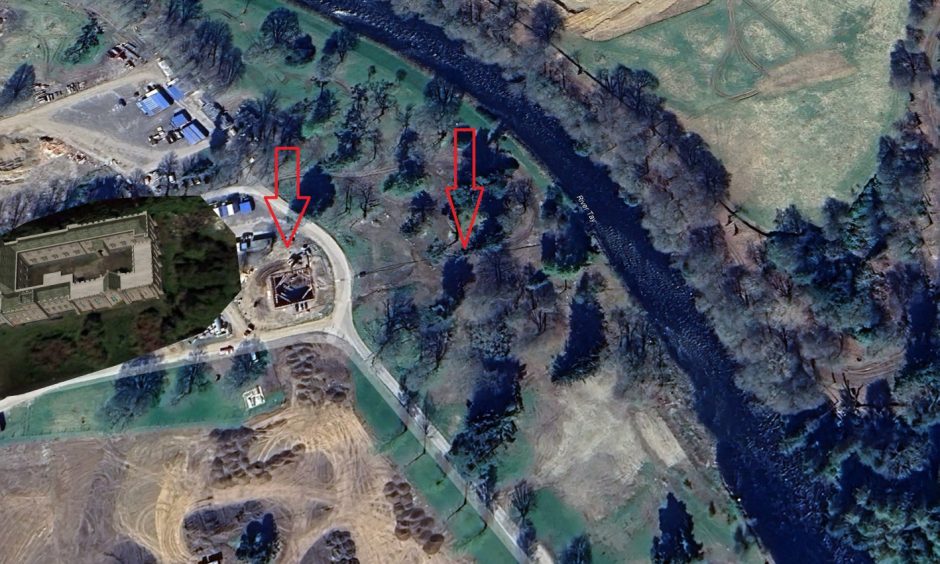
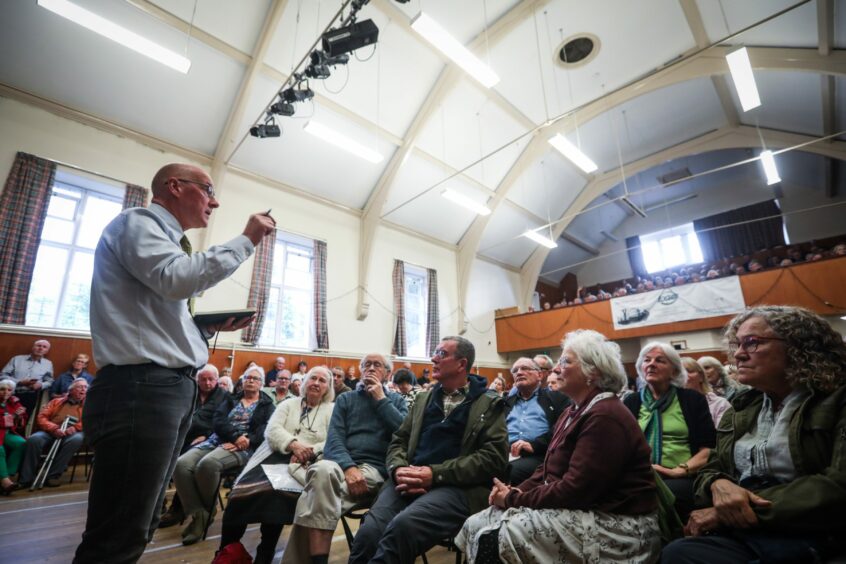
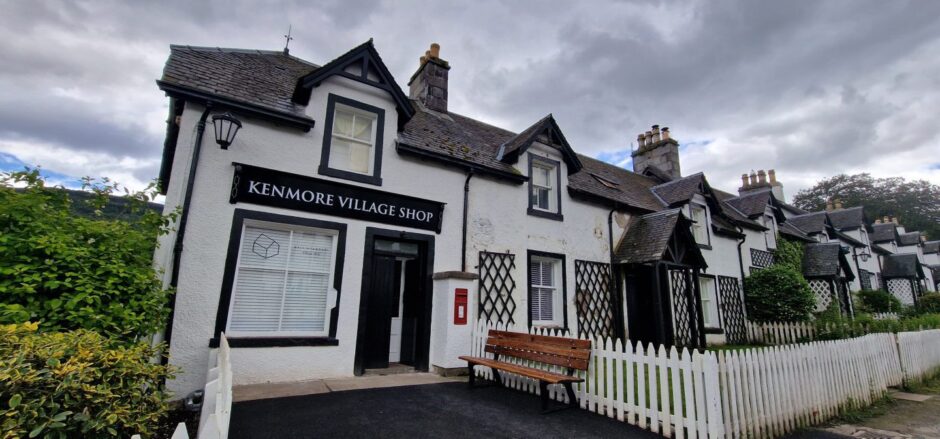
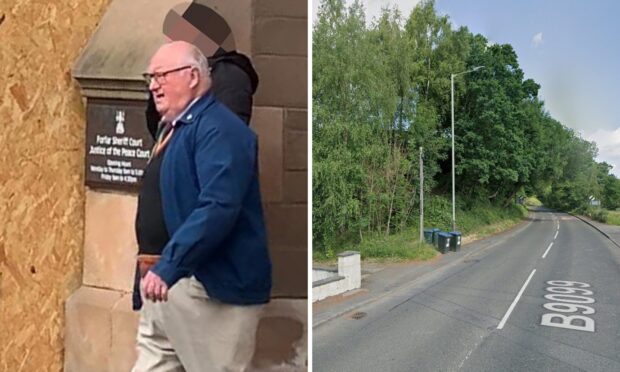
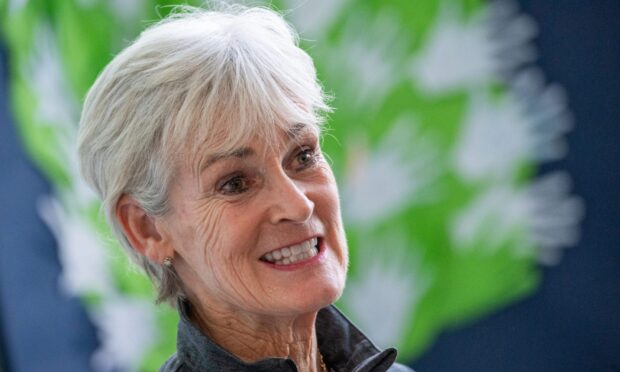
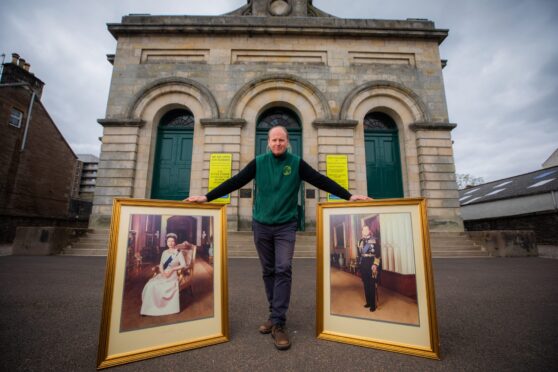

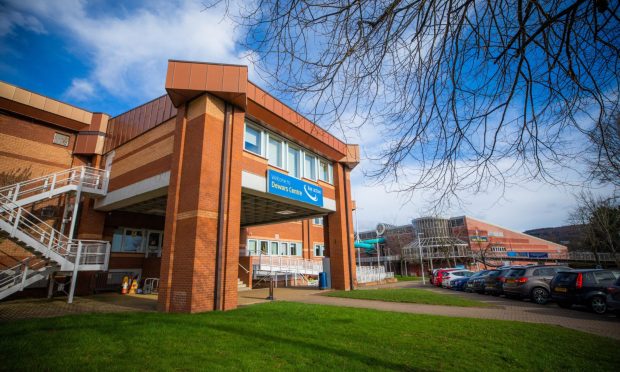
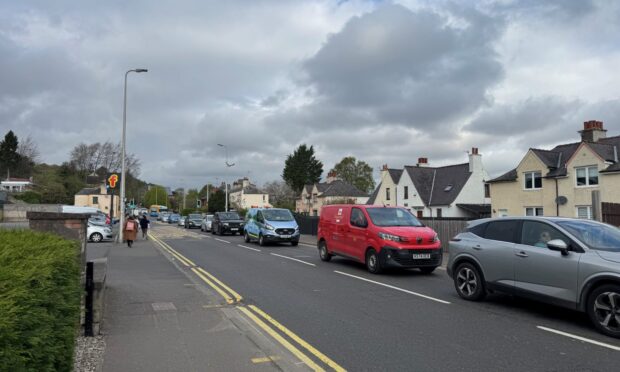

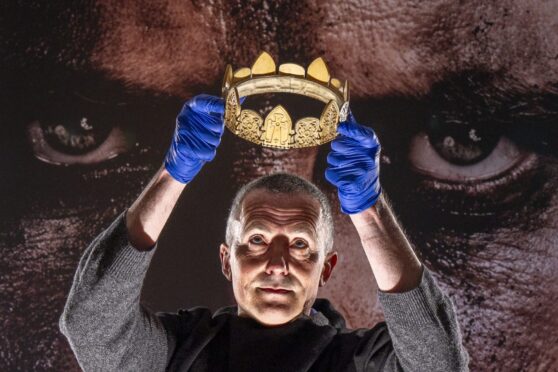
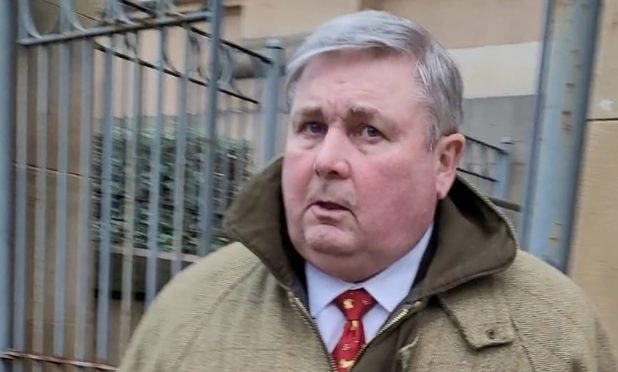
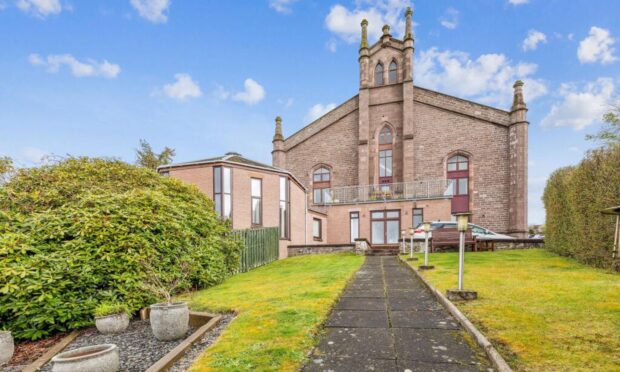
Conversation